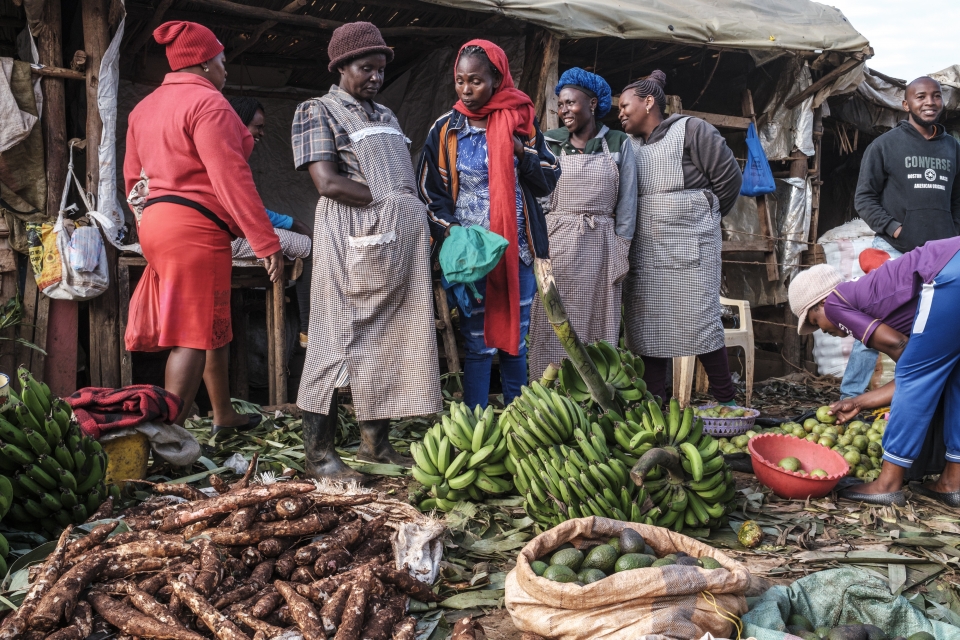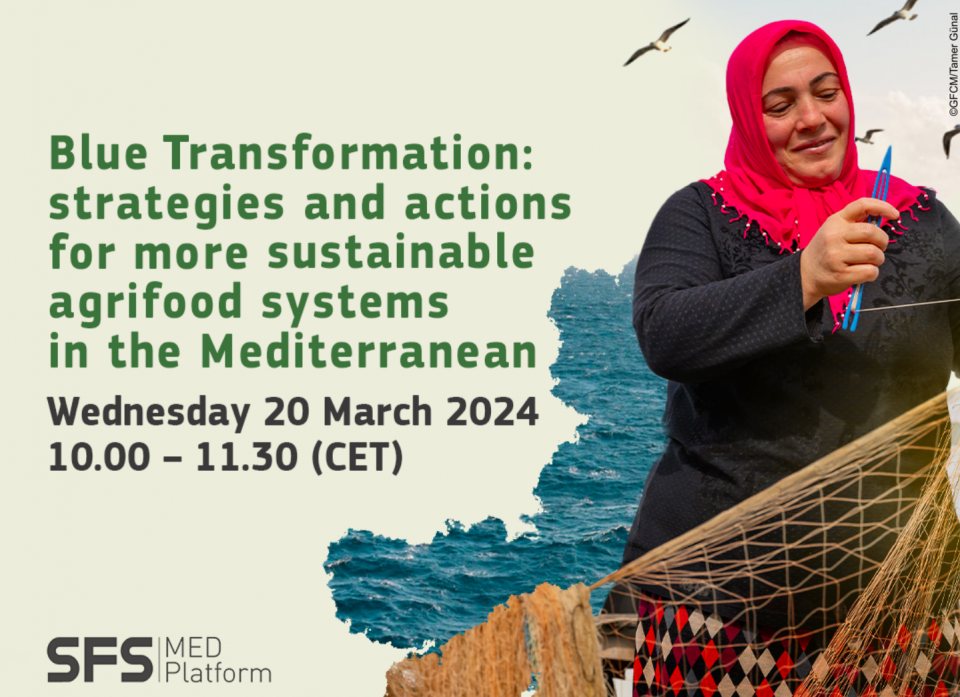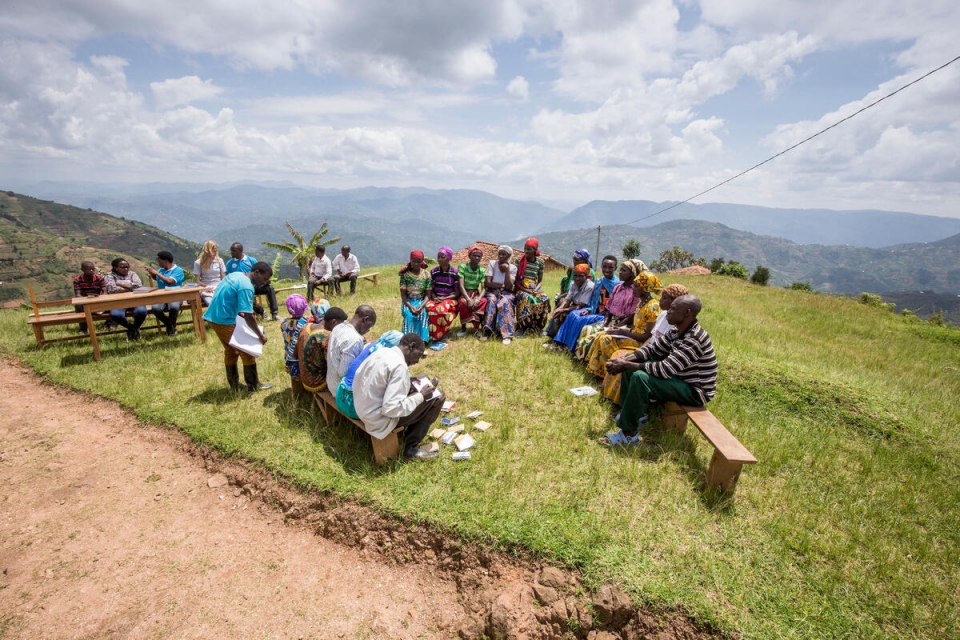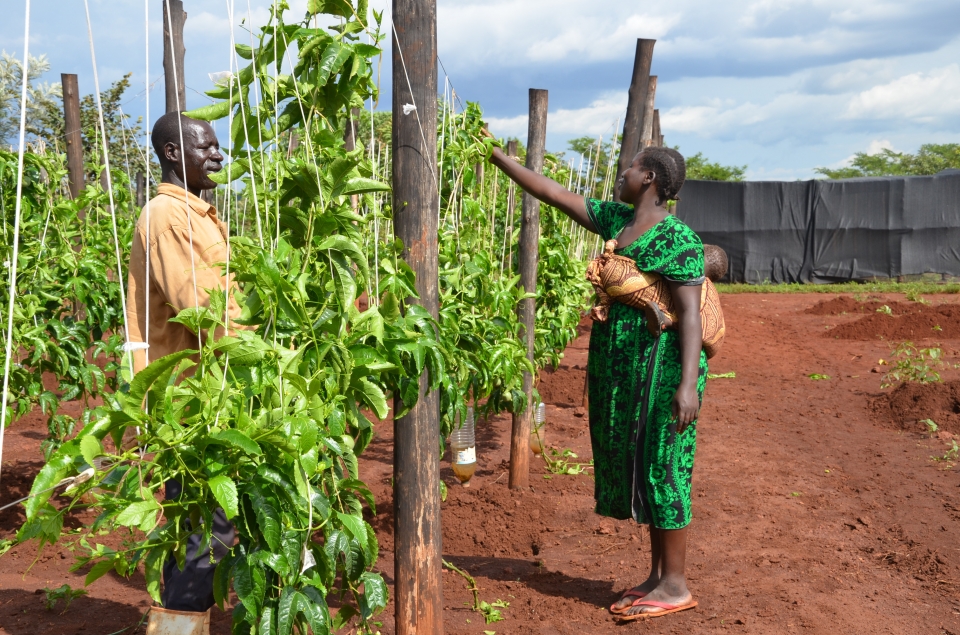هناك مجموعة من الضغوط، بما في ذلك النمو السكاني السريع، والتوسع الحضري، والثروة المتنامية، وما يترتب على ذلك من تغييرات في أنماط الاستهلاك، تتحدى قدرة نظمنا الغذائية على توفير طعام مغذي، والمساهمة في تعزيز فرص كسب الرزق بطريقة مستدامة بيئياً. تساهم أنظمتنا الغذائية في الأحداث المناخية القاسية وتتأثر بها، المرتبطة بتغير المناخ وتدهور الأراضي وفقدان التنوع البيولوجي. تتطلب الاستجابة لهذه التحديات اتباع نهج قائم على النظم يعالج النطاق والتعقيدات بطريقة كلية ومستدامة.
النظام الغذائي المستدام هو النظام الذي يوفر الأمن الغذائي والتغذية للجميع بطريقة لا تتعرض فيها الأسس الاقتصادية والاجتماعية والبيئية لتوليد الأمن الغذائي والتغذية للجيل المقبل للخطر. وهذا يعني أنها مربحة في كل مكان، مما يضمن الاستدامة الاقتصادية، وله فوائد عريضة القاعدة للمجتمع، وتأمين الاستدامة الاجتماعية، وأنه له تأثير إيجابي أو محايد على بيئة الموارد الطبيعية، وحماية استدامة البيئة.
22/03/2024
26/01/2024







.jpg)
